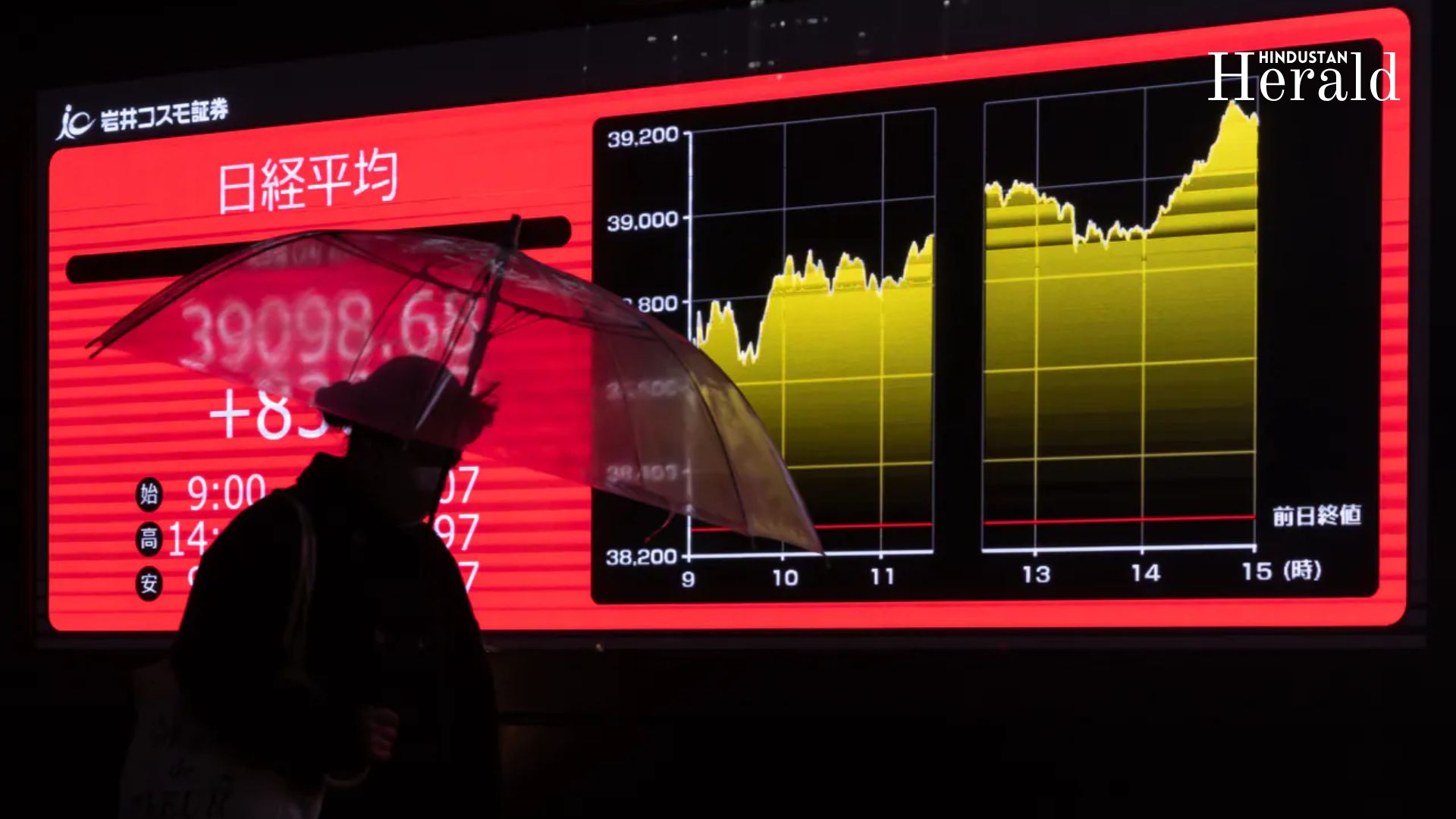
Key Highlights:
Bilawal Bhutto and the Pahalgam Terror Attack: Tensions Between India and Pakistan
On April 22, 2025, a devastating terrorist attack in Pahalgam, Jammu and Kashmir, led to the deaths of 26 people, including 25 Indian nationals and one Nepali citizen. The assault, attributed to Pakistan-backed terrorists, has triggered a severe diplomatic crisis between India and Pakistan. Pakistani Foreign Minister Bilawal Bhutto has called for an investigation into the attack but denied any official Pakistani involvement.
The attack on the Baisaran meadow targeted tourists, killing and injuring several individuals in a brutal execution-style assault. As India responds with stronger security and diplomatic measures, Bilawal Bhutto’s statements reflect Pakistan’s position, yet tensions continue to escalate between the two countries.
India’s Response: Suspension of the Indus Waters Treaty
In the wake of the Pahalgam terror attack, India has taken unprecedented actions. On April 25, India announced the suspension of the 1960 Indus Waters Treaty, a crucial agreement that governs the distribution of water between India and Pakistan. The decision to halt the flow of water from India’s share to Pakistan was confirmed by Union Jal Shakti Minister CR Paatil, who emphasized that “not a drop of water will go to Pakistan” under the current circumstances. This bold move signals an intensified Indian response to cross-border terrorism.
The suspension of the treaty, which controls the flow of water from the Indus River, has exacerbated the already tense relations between India and Pakistan. Bilawal Bhutto responded by reiterating Pakistan’s stance on the treaty, calling India’s decision “an unjustified escalation,” though no direct condemnation of the terrorist act has emerged from his side.
Pakistan’s Diplomatic Measures: Visa Revocation and Border Closures
Following the attack, India also revoked all visas issued to Pakistani nationals, effective April 27, 2025, except for diplomatic, official, and long-term visas. Medical visas will be valid until April 29. Moreover, India has sealed the Attari Integrated Check Post, halting all cross-border movement and trade. This has significantly impacted bilateral relations, and Bilawal Bhutto has expressed concerns over the humanitarian consequences of these measures, although he has not distanced himself from the terrorist attack.
Pakistan has also suspended the 1972 Simla Agreement, which has governed India-Pakistan relations and dispute resolutions for over five decades. The suspension has further strained diplomatic ties and raised alarms over the future of bilateral negotiations and cooperation.
Military Actions and Escalating Border Clashes
Security forces in Jammu and Kashmir have launched intensive operations, detaining 175 individuals in Anantnag. They are conducting search operations to locate remaining militants. The Indian Army has also conducted strikes along the Line of Control (LoC) after Pakistani troops fired on Indian positions. These retaliatory measures have resulted in ongoing skirmishes, raising the stakes on both sides.
Bilawal Bhutto’s government has denied that Pakistan’s military is involved in the attack but expressed its willingness to cooperate with international bodies to investigate the incident. Meanwhile, Indian officials have warned that further violence will be met with strong retaliation.
International Reactions and Rising Global Concern
The international community has strongly condemned the Pahalgam terror attack. Countries like the United States, the United Kingdom, and France have expressed their support for India’s right to defend itself. In contrast, Bilawal Bhutto has defended Pakistan’s actions, stating that “Pakistan is not responsible for such attacks.” However, he has called for peace talks between the two nations to address the escalating conflict.
The suspension of both the Indus Waters Treaty and the Simla Agreement has drawn mixed reactions globally. Many nations have called for restraint and urged both countries to return to the negotiation table. The situation remains tense, with growing concerns over the long-term stability of the region.
Domestic Reactions and Political Responses
The Pahalgam terror attack has sparked widespread protests across India. Political leaders, including Prime Minister Narendra Modi, Home Minister Amit Shah, and Jammu and Kashmir Chief Minister Omar Abdullah, have expressed solidarity with the victims. Modi’s government has vowed to take stronger actions against terrorism and called for the perpetrators to face justice.
Bilawal Bhutto’s statements have been met with backlash in India, with calls for greater diplomatic and military pressure on Pakistan. The situation has led to heightened political tensions, with leaders from all parties in India rallying behind the government’s hardline stance.
A Nation at a Crossroads
The Pahalgam terror attack of 2025 has ignited a major crisis in India-Pakistan relations. Bilawal Bhutto’s government remains firm in its stance, denying any official Pakistani involvement, while India responds with measures that have increased the conflict’s intensity. As both sides prepare for the next moves, the world watches closely, hoping for peace but fearing a prolonged escalation.
Stay updated with the latest from Hindustan Herald — your trusted source for
Politics, Business, Sports, Entertainment, Lifestyle, Breaking News, and More.
📲 Follow us on Facebook, Instagram, Twitter, LinkedIn, and YouTube
🔔 Join our Telegram channel @hindustanherald for real-time news alerts.








